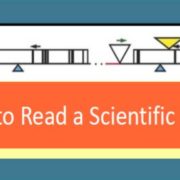
“How to Read a Scientific Paper” and “Case Study: Reading a Plant Physiology article”
Activities, Blog, Education, Education General, MHS Activities, Middle & High School, Resources, Resources0 Comments
/
One of the most important skills a young scientist needs to learn is how to read (and write) scientific papers. Some students begin to learn this in a high school biology classes, and others as they begin their university coursework. To help instructors teach these critical skills, we created two articles…
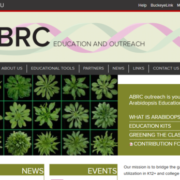
Greening the classroom: Acitivities from ABRC
Activities, Education, MHS Activities, Organizations, OrganizationsThe Arabidopsis Biological Resource Center (ABRC) has developed numerous investigative activities using Arabidopsis. Most of the activities are suitable for high school or college level students. You can order seeds (usually free to educators) and download teaching guides from the Education and Outreach…

Wisconsin Fast Plants
Activities, Education, MHS Activities, Middle & High School, Organizations, Organizations, UndergraduateInstructions for activities using brassica, suitable for students of all ages.
Through activities spanning the life cycle of Wisconsin Fast Plants®, you and your students can explore many aspects of plant growth and development and reproduction. In its 35 – 45 day life cycle, the Wisconsin Fast…
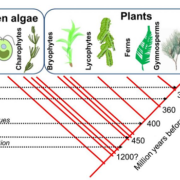
From LUCA to Lily: 12 perspectives for teaching about plants
Blog, Education, Resources, Resources, Undergraduate
The other day I was talking to a friend about the need to demystify plants, so that teachers feel as confident in their teaching of plant biology as they do about animal biology. I wonder if sometimes we teach plants too much in isolation, so it’s not always clear how plants relate to other organisms…

Educational videos for plant biology: TED, iBiology and Gatsby Plants Summer School
Blog, CSVL Research, Curated Webinars / Video Lectures, Education, Middle & High School, Multimedia, Multimedia, UndergraduateWe've assembled a collection of relatively accessible talks by scientists. These include: TED talks, which are directed at a general audience, the iBiology series, where speakers deliver a general talk followed by a research-focused talk, and videos of lectures at the Gatsby Plants summer school for…
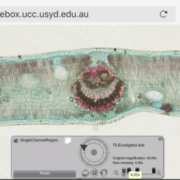
BotanyOnline: Shared learning-support resources for improving Botanical Literacy
Databases, Education, Education General, Education General Public, GP Multimedia, Multimedia, UndergraduateGuest post by Rosanne Quinelle, an Associate Professor in the School of Life and Environmental Science at the University of Sydney, Australia.
Proficiency in any discipline requires exposure to both breadth and depth, where “breadth” is akin to acquiring the vocabulary and “depth” is akin…
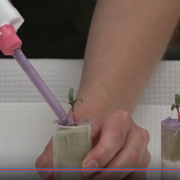
Science In Real Life (IRL) - an educational YouTube series
Blog, GP Multimedia, Multimedia, MultimediaScience In Real Life (IRL) is an educational YouTube series that’s here to show you how textbook science concepts come to life in the lab. Since each episode revolves around an experiment that a scientist does every day in the lab or field, our viewers also get to see what being a scientist is like,…
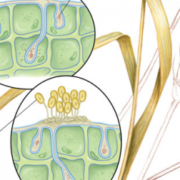
Putting up resistance (Scientist magazine 2014)
Education, Review ArticlesAn introduction to wheat stem rust, a disease caused by the rust fungus Puccinia graminis, and efforts to breed resistant wheat varieties.
View full article

Trans-kingdom Cross-Talk: Small RNAs on the Move
Education, Review ArticlesPLOS Genetics Review article by Marijn Knip, Maria E. Constantin and Hans Thordal-Christense (2014).
Knip M, Constantin ME, Thordal-Christensen H (2014) Trans-kingdom Cross-Talk: Small RNAs on the Move. PLoS Genet 10(9): e1004602. doi: 10.1371/journal.pgen.1004602
View full article

